Your gut health can affect the number on the scale—but are probiotics the magic fix?
If you haven’t noticed, probiotic-packed foods are likely taking over your local grocery store (lookin’ at you, kombucha), and gut health is having a major moment. You can thank all of the buzz surrounding your microbiome for that—the natural ecosystem of bacteria in and on your body (with trillions of them residing in your gut).
Obviously, there are harmful bacteria—you know, the kind that cause infections and disease. But scientists are starting to discover that the good bugs in your body, also known as probiotics, play a crucial role in your health.
Research shows that probiotic foods and supplements may improve your immune function, mood, digestive system, and even your skin. Another possible perk creating lots of buzz: Early studies have linked probiotics to weight loss—but will glugging kombucha and loading up on yogurt really drop the number on your scale?
How are probiotics related to your weight?
Probiotics are notorious for their ability to improve your gut health, which actually plays a huge part in the rest of your body’s systems. “Gut health is a significant determinant of one’s metabolism and likelihood of gaining weight,” says Nancy Rahnama, MD, a bariatric physician in California. “The gut is where all of the body’s nutrients, micronutrients and minerals are absorbed. Therefore, if there is impairment in the gut, the body will likely be deficient in key nutrients that are necessary for an optimal metabolism.”
8 Foods Packed With Probiotics

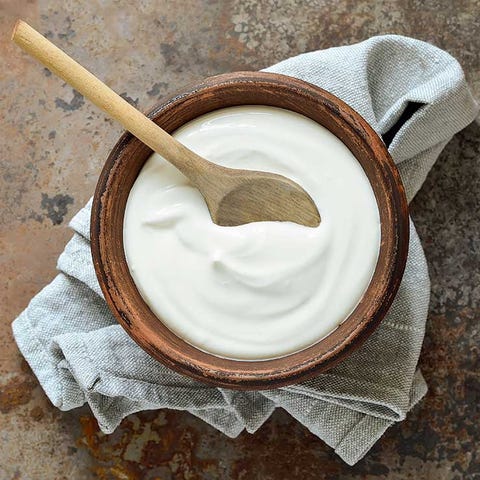
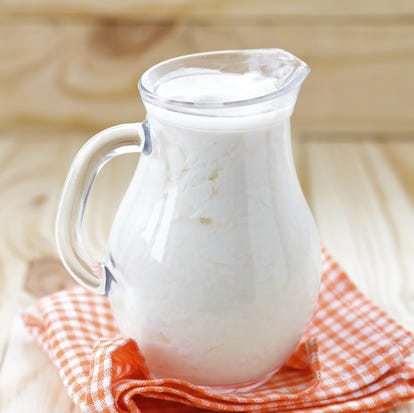
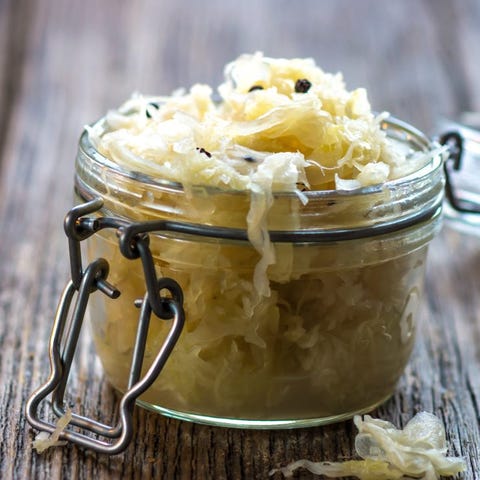
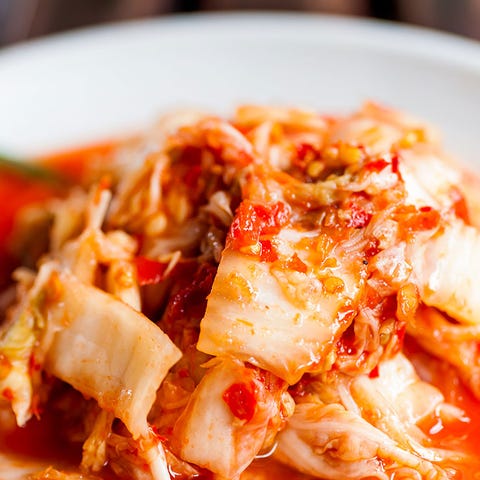

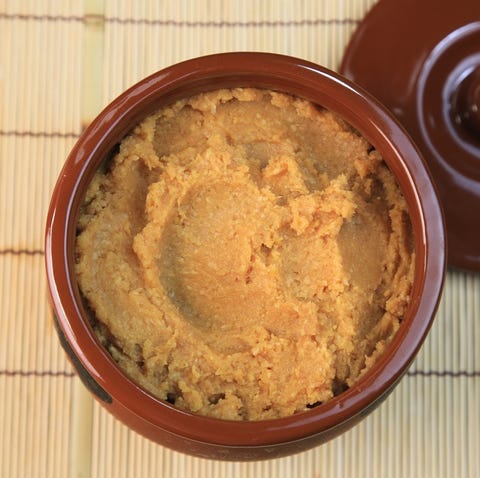
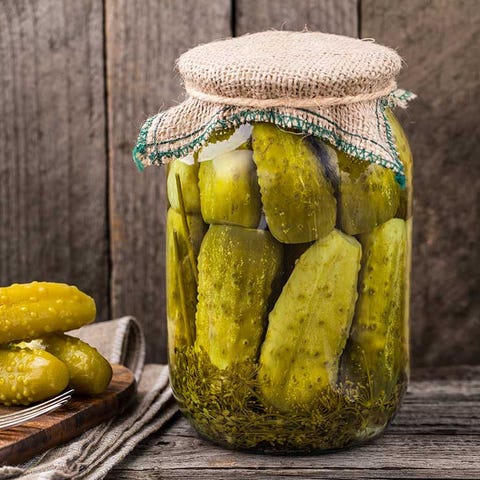
The happier your gut, the better your body functions. So in theory, feeding the bugs in your belly with foods that help your microbiome thrive should make it a bit easier for you to lose weight—but science has had a hard time proving that.
“Research conducted on animals has suggested that there may be a connection between probiotics and weight loss,” explains Keri Gans, RD, author of The Small Change Diet, but evidence in human trials is lacking.
However, some studies in humans (while small) have led to promising discoveries. One review of research published in Nutrition Today noted that a Western-style diet (or the typical American diet, which is usually high in fat and sugar) may help obesity-related bacteria flourish, whereas people with healthier weights tend to harbor different types of bugs in their guts. The tricky part is distinguishing whether overweight people naturally harbor this bacteria, or if it’s a direct result of the way they eat.
In another small study published in the British Journal of Nutrition, women who took probiotic supplements in tandem with a calorie-restricted diet lost more fat than those who popped a placebo for 24 weeks.
There’s also the connection between gut health and inflammation. “When there is inflammation in the gut, there is a compromise in the absorption of amino acids, which can lead to low muscle mass,” explains Dr. Rahnama. Because having more muscle boosts the amount of calories you burn at rest, this could potentially stunt your weight loss efforts.
So, does that mean probiotics can help you lose weight?
Unfortunately, guzzling kombucha isn’t a quick fix if you want to shed pounds. First, there’s simply not enough evidence to support a cause and effect relationship between your gut bacteria and waistline. “No supplemental strains have been clearly identified as promoting weight loss in humans, so which food or supplement would you even seek out if you were looking to promote weight loss through probiotic use?” explains Tamara Duker Freuman, RD, author of The Bloated Belly Whisperer.
That doesn’t mean they aren’t good for you—but probiotics aren’t the only answer here. “Dietary fiber from food has been shown to be far more effective at altering the composition of our gut microbiota than probiotics,” she explains.
These foods are actually called prebiotics, a type of dietary fiber the critters in your gut like to feast on, which helps them become more prominent. “This seems to be more effective than trying to introduce an outsider species not native to your gut. Prebiotic fiber is highly fermentable by the gut flora and feeds them especially well,” says Freuman.
8 Foods Packed With Probiotics
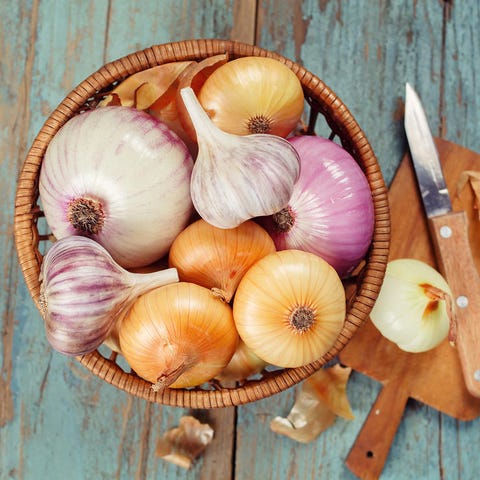
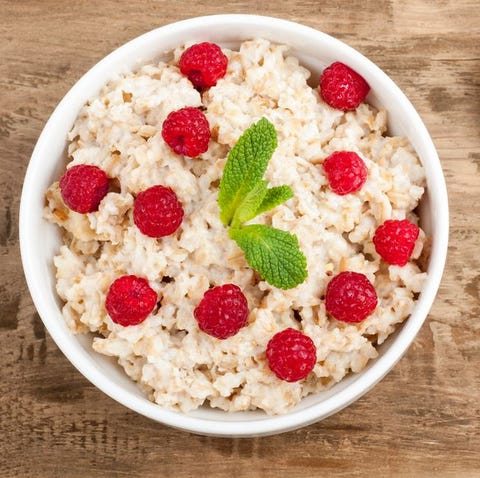
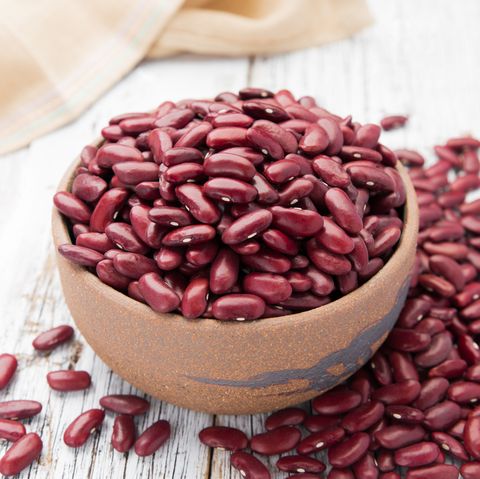
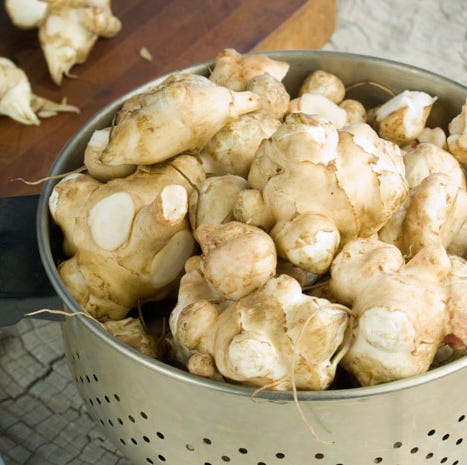
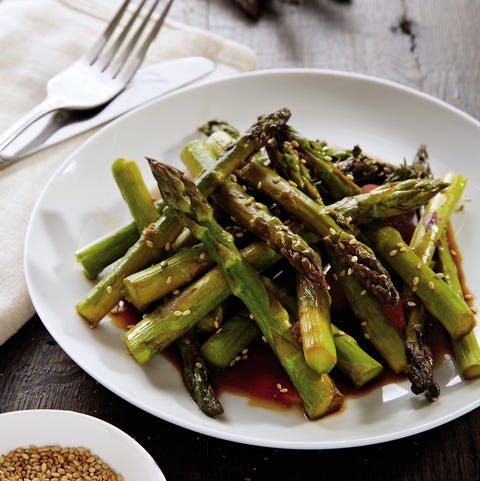
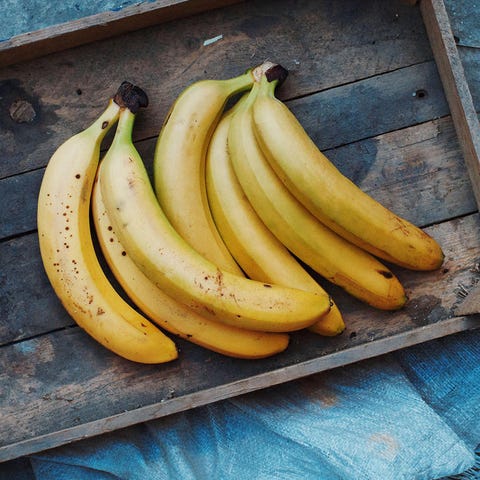

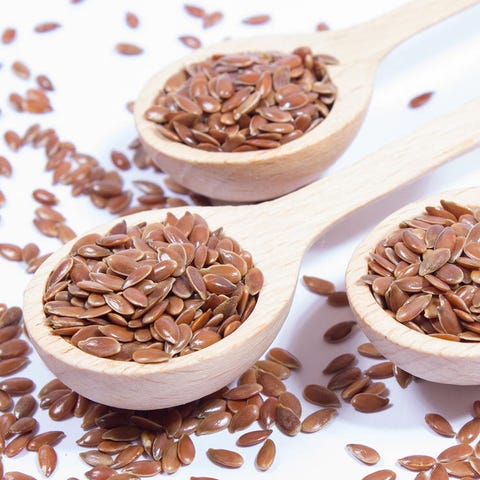
Eating a diverse diet rich in high-fiber foods will be your best bet for long-term weight loss, says Freuman. Not only will they help keep your good bacteria happy, but foods like veggies, fruits, nuts, seeds, roots, beans, and whole grains will keep you feeling full while eating fewer calories.
Bottom line: Probiotic foods are good for you, but they probably won’t help you lose weight
Well, unless they help you eat fewer calories. (Think: snacking on a cup of Greek yogurt and berries instead of processed snacks like chips.) A diet high in fiber will likely lead to more sustainable weight loss.





















